A Dutch national foundation promoting science-based Equitherapy (equine assisted therapy) and therapeutic riding, SHP-E(NL) is a non-profit organization with the following objectives:
The organisation has developed a training and organisation system for Equitherapists who may use the certified name and logo Equitherapist SHP-E(NL) only if they conform to a system of training, supervision an quality standards and to the ethical code of SHP-E(NL). The therapeutic quality of the horse is described as a systematic and central factor (intermediate) within the therapeutic process.
The Foundation organizes further training courses for Equitherapists in the Netherlands and is ready to share its knowledge and expertise with other countries within the framework of international contacts.
The Foundation is a non-profit organization. Its revenue is derived from donations and the contributions paid by registered therapists and currently trained Equitherapists.
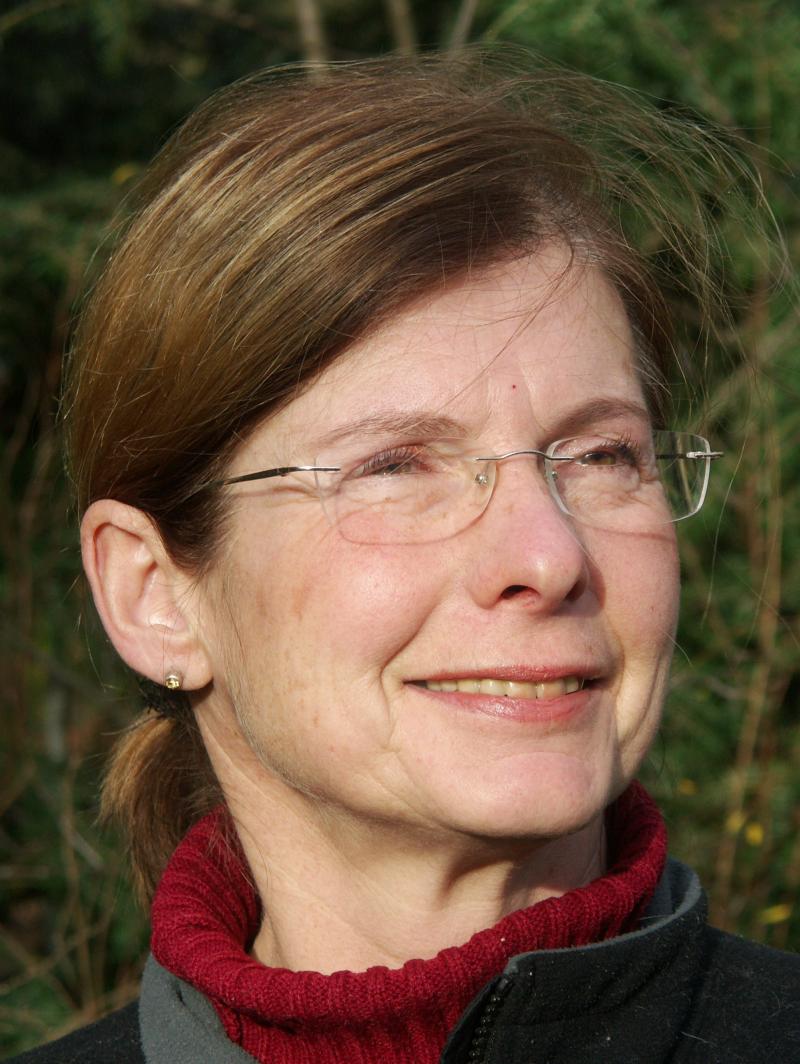
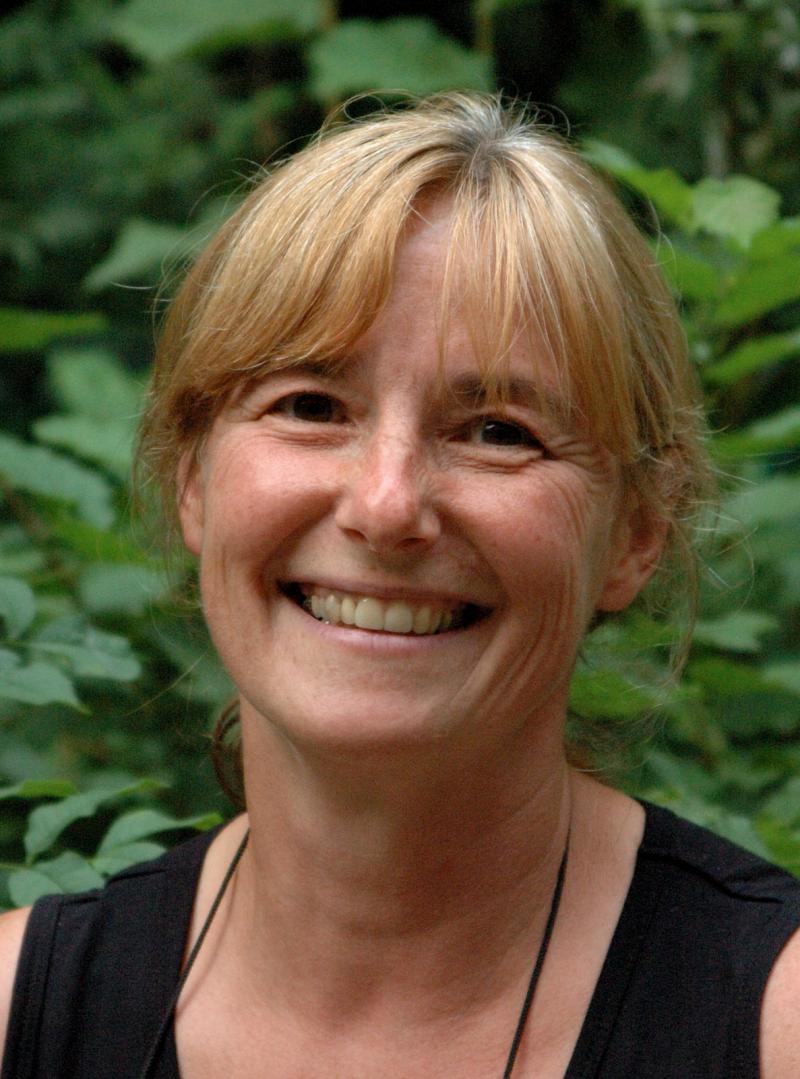
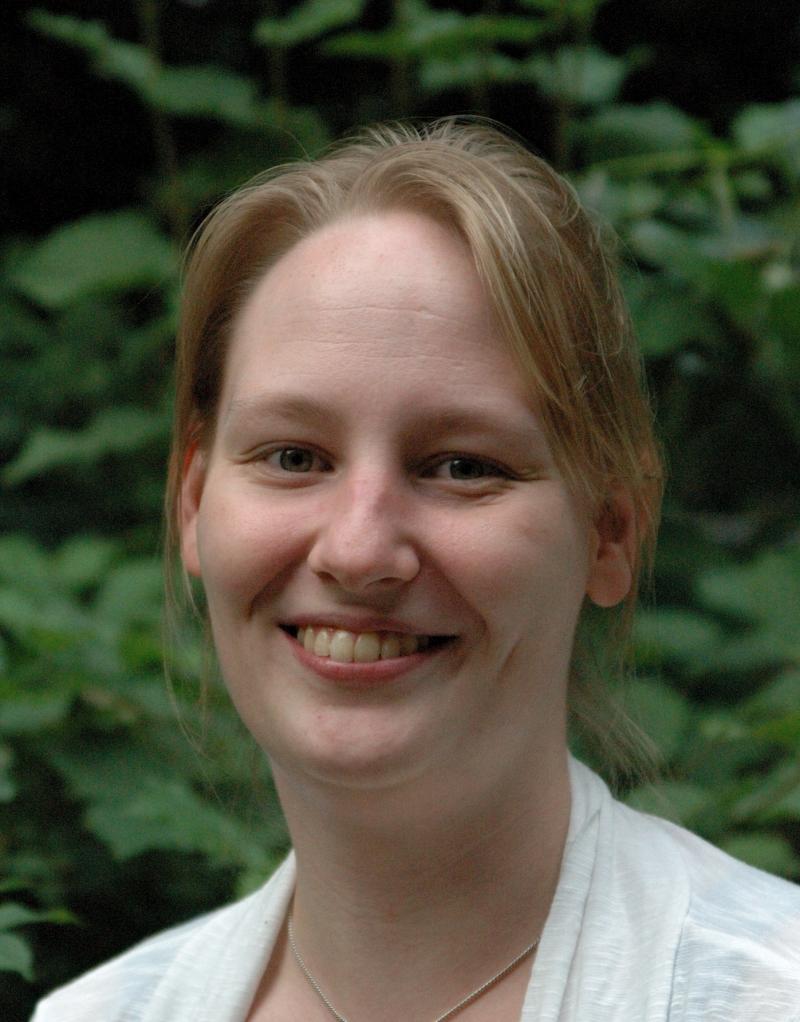
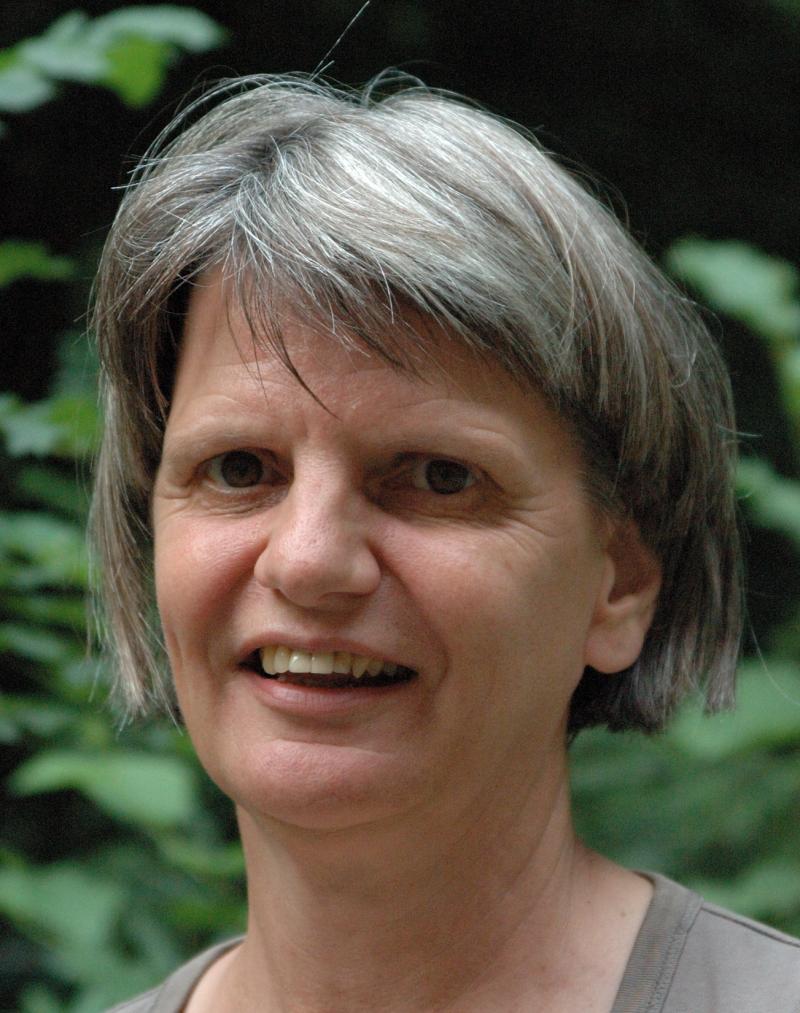
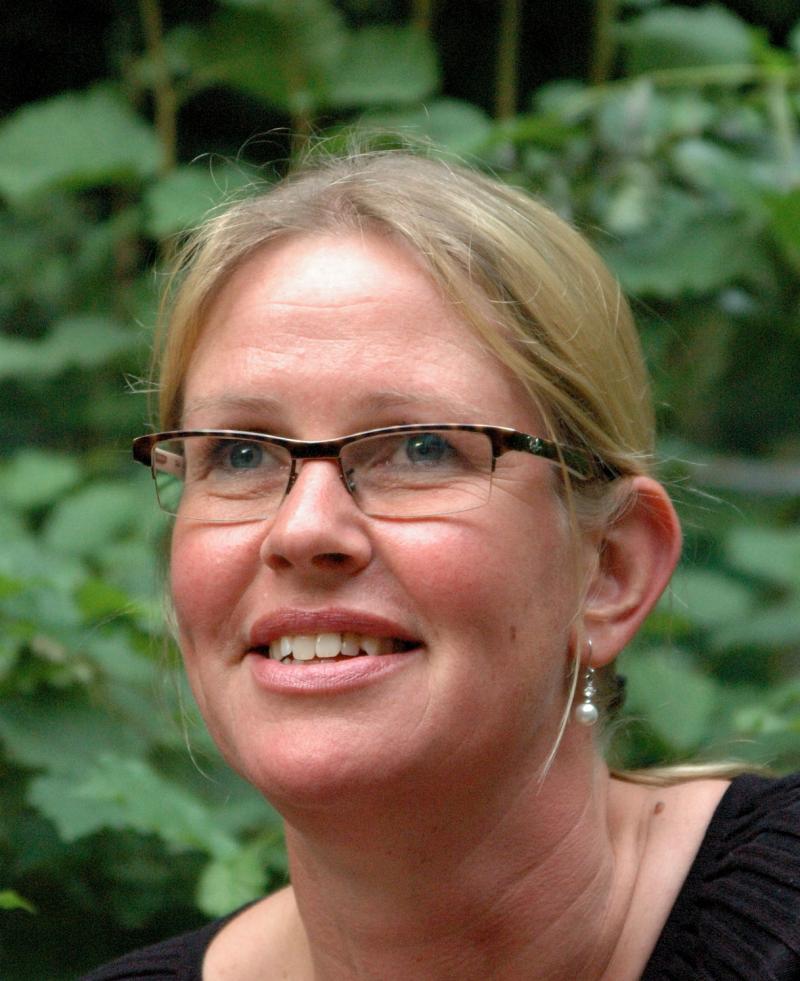
The EAT concept of SHP-E(NL) involves both pedagogical processes and psychotherapeutic processes with the horse as a central factor
Therapist, Client and Horse start a relationship with each other and within this triangular relationship a well structured dialogue in movement between client and horse is conducted by the therapist.
In both concepts, i.e. the educational and the psychotherapeutic form of working with horses, starts out from the assumption that you want to give clients the opportunity to embark on a journey to his/her inner self, to his/her possibilities and limits within a novel, non-negatively co notated situation with horse and therapist, within a save relational triangle, to realise and experience alternatives to daily situations and interactions, and finally to take home these other possibilities into their daily lives for the purpose of using them to improve the quality of their lives.
Remedial an pedagogical processes in Equitherapy
Vaulting/riding and opening a dialogue in movement and relation with a horse in a remedial and pedagogical context is a holistic concept that interferes with a (still) ongoing developmental process and offers supplementary options what children , young people and grown up clients do not experience in daily life. It opens up new avenues of perception and modalities of experience, and invites clients to test alternatives of action.
Psychotherapeutical processes in Equitherapy
In psychotherapeutic vaulting/riding with children, juvenile and grown up clients interacting with the horse we have to reckon with largely concluded and partially unsatisfactory aspects of developmental processes. Clients have responded (often for years) with various mechanisms of denial, repression and coping. Therefore the process focuses on the historical aspect of unmet needs but also offers alternatives in perception, interaction and accompanying feelings in daily life.
A resources oriented holistic approach
In both cases you presume that clients have needs which could not and cannot be (adequately) met in their previous and current life context, and which are now assigned a place in the therapeutic triangle formed by horse, client and therapist. In both cases we do not see our work as problem-oriented but rather as a holistic approach which is not meant to repair any deficits but to use the clients’ strengths and possibilities to help them see more than what they already know of themselves, to help them assess and appreciate their possibilities and limits. This takes place in an atmosphere where clients feel safe but where they are also invited and motivated to dare venture on unknown territory with their body and interact with others. A possibility sphere is created − a state wherein they can discover possibilities. The relationship clients establish with the horse, with the therapist and perhaps also with other participants will enable them to gather experiences, good and painful, and to integrate them into the picture they have of themselves and their world. This will lead to a redefinition of one’s self in interaction with the world. How this world and one’s own personality is now experienced will direct towards new avenues for action.
The role of the horse in Equitherapy
In the SHP-E(NL) approach of Equine assisted Therapy the horse fulfils a central role and function.
The therapy horse is a well trained, willingly co-operative horse treated by the therapist with
respect. It is not expected to obey unconditionally and co-operate tacitly. It is rewarded, you apologise to the horse when necessary and try to understand why it sometimes does not give the expected response. The therapy horse is friendly and enjoys human contact without being obtrusive. It has been trained in client contact in the standard therapy situations including elementary classical dressage training and work on the lunging rein. These qualities are revealed by the harmony and ease of its movements, by its relaxed back, by its calm, supple but keen forward thrust and by the regularity of its paces. It tolerates a client’s unsteadiness and diffidence but responds to brutality or impulsiveness and indicates unmistakably what it likes and dislikes. To be able to cope with its "job", the horse has to be given sufficient leisure to relax on pastures in the company of horses and is rarely "used" for other purposes (sport or other therapies). Like horses ridden for sport or pleasure, a therapy horse needs many different activities enabling it to develop its personality and and it’s body and to enjoy life among, and in contact with other horses and humans. For horsemanship guidelines in Equitherapy SHP-E(NL) has developed guidelines.
The training program for Equitherapists (SHP-E(NL)
SHP-E(NL) offers a two-year Equitherapy course for students with basic psychotherapeutic, psychosocial or educational background and experience and riding instructors and instructors for riding for the disabled. This course takes place at the HippoCampus Training Centre and involves process-based work with clients and horses, equine training, practical work, theory and self-experience within a groups process, intervision and supervision-techniques.
According to their basic profession as pedagogically or psychotherapeutically working mental health specialist they can specialise in a pedagogical or psychotherapeutical concept of working with horse and client in a triangle process where the horse fulfils a central function.
Instructors and Therapists start with the same courses.
Instructors finish after one year with the certificate of "Assistant in Equitherapy”
Students need a certificate for riding and/or vaulting comparable to Level C (FN) In the Netherlands an instructor training from KNHS (National Equestrian Federation) or comparable certificate. They may realize it during the training. Or have to be riding instructors for the disabled (FPG) or riding amateur (ORUN) or professional riding instructors (HELICON, STOAS).
Students have to attend an introduction Workshop (2 days) on Equitherapy. Students have to be accepted by a commission
The languages are :Dutch, German and English (depending on the teachers coming from other FATP organisations in Europe (The Netherlands, Germany, Austria Zwitserland). The education is finished with a diploma after:
Presentation of 1 practical project including 10 therapeutic sessions documented by a paper and a video 2 supervision sessions and intervision on the practical project Oral examination during the presentation of then paper Theoretical knowledge tested by a questionnaire
Registration of Equitherapists SHP-E(NL)
SHP-E(NL) asks for refresher courses (in equine assisted therapy and equine skills) and supervision sessions per 2 years if the Equitherapist/Assistant wants to stay registered as Equitherapist SHP-E(NL). His registration is published on the website of SHP-E(NL) and is documented by a sign. Only licensed Equitherapists can go for it.
Further training courses, supervision and seminars for Equitherapists
The Foundation organizes further training courses, programs, seminars, supervision for Equitherapeut in the Netherlands and is ready to share its knowledge and expertise with other countries within the framework of international contacts. The specialisation is psychotherapy with horses (Psycho-motor-therapeutic vaulting PMTV) and the process based involvement of the horse as co-therapist within the structured framework. Further the process based work within a group of trainees during the two years of the training course.
Affiliation with the FATP
This education for Equitherapists SHP-E(NL) is affiliated with the educations of the Therapeutic riding organisations of Germany, Austria and Switzerland all attending the FATP (Forum der Ausbildungsträger einer Therapie mit dem Pferd) . Training and special training meets FATP-agreed quality criteria The additional qualifications acquired through SHP-E(NL) are defined by FATP as "equine-assisted measures of educational and/or psychosocial rehabilitation and developmental enhancement”.